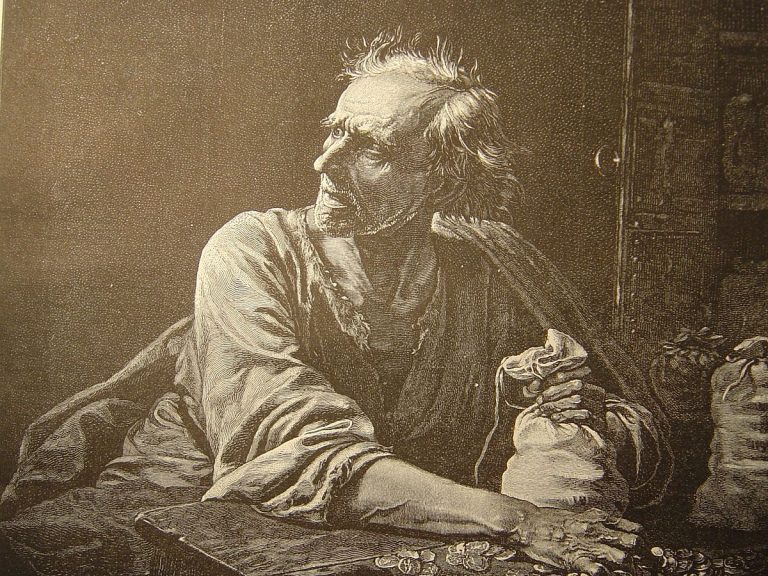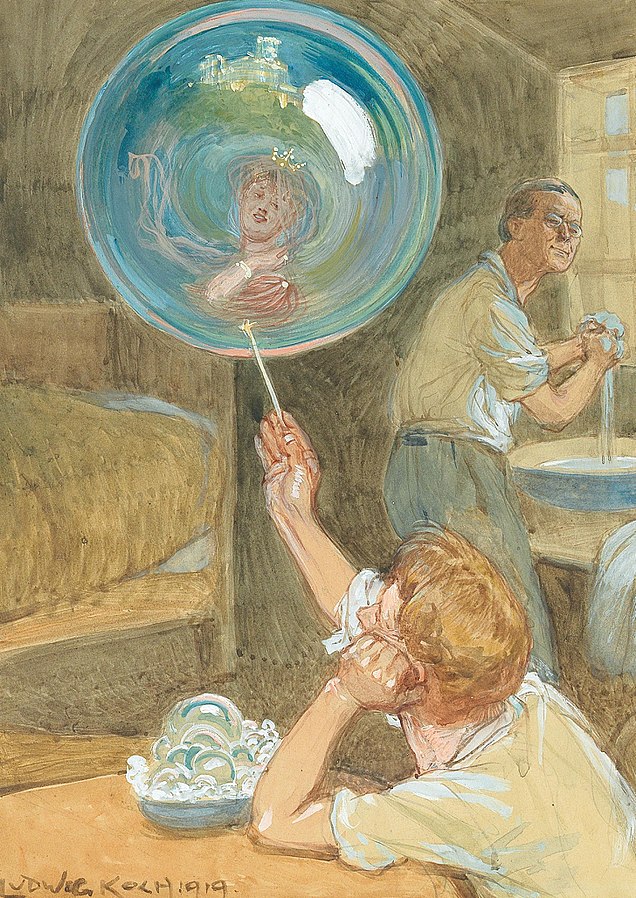|
Plinio Corrêa de Oliveira
Gnosis: the Pole of the Devil’s Egalitarian Conspiracy
|
|
|
We should not lose sight of the fact that even though God governs the universe and all beings, He desired that men be free, and also gave the angels an intellect and a [free] will. In spite of having been cast into Hell and condemned to suffer eternally, the devil still has his angelic intelligence and is endowed with a will. It is therefore the case to ask, with the intellectual data that we have, why he wants to make such a conspiracy [of egalitarianism]. First, what does he see and, second, what does he want; what motivates him to drive this whole conspiracy. Studying this question is very important to us. For starters, we can affirm that the devil is the driving force of this conspiracy, and it is of the essence that we know where this motor is headed in order to figure out where this conspiracy will lead. Above all, this is important for us to thoroughly understand that Gnosis, in the sense it should be understood, is so to speak the necessary pole towards which the conspiracy of the devil tends. In fact, due to the logical and ineluctable circumstances in which he finds himself, the devil must want a Gnostic humanity. He is not so interested in having humanity fall into just any heresy, but that humanity falls into the Gnostic heresy. The Devil, Eternal Loser Naturally, to understand this well, we must place ourselves before a preliminary consideration: the devil is an evil, defeated angel, placed in an utterly self-contradictory situation. He is contradiction, weakness, and defeat; he is the crushed one. God cast him from the height of his throne to the bottom of Hell. Although he continues to exist, his first contradiction is that he knows that God is God, worthy of all homage and adoration, but moved by a disordered self-love, the devil refuses to pay homage to God. The devil would not want to adore God even if God allowed him to. God does not allow it, and neither does the devil want to adore God. He is in Hell out of his own free and spontaneous will because he refused to accept a reality which, anthropomorphically speaking, enters through his pores. Now, a being in such a position is as it were twisted, turned away from his right and true end, and oriented toward something which he knows is not his end. He knows that this is not right, that he does not merit self-adoration, but he wants it because he wants it. So we see that a formidable contradiction exists in the devil.
St. Michael Vanquishing Satan missal and book of hours, Lombardy c. 1385-1390 It is in function of this contradictory situation that we must seek an explanation for the devil’s plan for the whole [egalitarian] conspiratorial movement in the universe. Why would a being in such a contradictory situation want to disseminate this [Gnostic] heresy, and how can we understand his desire to carry out his entire plan when we see the profound contradiction in which he finds himself? In order to better understand this, we must begin by recalling that the devil knows perfectly well that, ultimately, all that he does redounds to the glory of God; and that, in his ongoing combat against God, he is the eternally defeated one. He is incapable of thinking, wanting or carrying out any action, of which the direct or indirect effect does not redound to the glory of God. So it is the case to ask: If the devil is driven by hatred of God (and he is incapable of doing anything except out of that hatred), would he not act more intelligently by maintaining himself perpetually inactive, perpetually immobile? Would this perpetual immobility not be a more effective means of diminishing the glory of God? How does one explain that he feels he is working against the glory of God with this conspiratorial plan? Daydreaming For our comprehension of this whole plan of the devil, I thought it interesting to develop a theory very much related to competition as it takes place in the minds of men. It is called the daydreaming theory.
When he was on the death bed and brought his bags filled with gold coins and exclaimed, passing his hands on them “alas, must I leave you my dear lambs” It is not an explanation of dreaming while sleeping. Here we refer to “dream” only in its analogical sense, meaning daydreaming, this mania some people have of fantasizing with open eyes, “meeting” people their never met, thinking they are living a life which in truth they are not, doing things which they are not doing, or imagining people that they know as being what they are not. Daydreamers picture themselves in situations which are imaginary, and function in an unreal world. There are a number of situations which can give rise to this. For example, a person who recognizes the fact that he is poor, or that he is unintelligent, or lacking social graces, etc. but fantasizes that he is a genius, most picturesque, most interesting, yet surrounded by insignificant people, fools who do not give him his just due. He is, then, a kind of genius ignored by everyone and living among “turnips” and “onions”, and yet fantasizing, with his head in the clouds, that he is in a world in which he is appreciated, etc. At this point comes in a full-fledged ‘sister soul’, a perfect friend, a perfect spouse, etc. And he thinks to himself, “If only my father and mother were different! If only my brothers and friends were different! And above all, if only I could find a young lady who understood me and became one with me entirely, etc.”
A dreaming boy blowing bubbles. Or, this person might have a mania for money. He would thus imagine himself in a stock exchange making big deals, earning millions, surrounded by men who highly admire him. A super genius! If not this, then he is a great speaker, whom audiences and galleries applaud! Or then he is most refined, most elegant, most noble; with but a glance, all multitudes fall at his feet. There are all kinds of manias. Miseries such as this exist across the whole spectrum. And it so happens that this person begins to fantasize, to daydream of a life which is not real life. Daydreaming Is a Means to Escape Misfortune What gives rise to these fantasies? In general, they begin with a serious and lasting misfortune. Small misfortunes do not produce fantasies. In general, daydreaming is caused by a serious misfortune, even if unreal. And it must be a lasting misfortune, for if the person perceives that it will soon pass, he does not fantasize about it but thinks about reality. But when he is stuck in a bad situation and sees that it will endure, for him (and for many) the way out is to fantasize. A man thus moved to fantasize may give vent to such fantasies in various ways. For example, a man may begin to fantasize with very defined, articulated things, or he may fantasize about music; there is nothing articulate about his music, yet he composes something he dreams of as a means to escape a given situation that he does not want to accept. He creates a fantasy in which he lives. Imagine a situation such as this: a layman passes close to a confessional and inadvertently hears a part of someone’s confession. As a result, he is bound by the sacramental seal of confession. Now, because of a certain circumstance, he is placed in a situation where that seal prevents him from revealing the author of a crime of which he is accused. And he ends up going to jail. So this man is facing a very serious evil: he is condemned, loses his freedom, is sent to a penitentiary, and has lost his honor in the eyes of all. Everything about his situation is most unpleasant. What is the sound reaction, and what are the unwholesome reactions that a man can have in such a case? To be continued Note: Translated by Nobility.org |
|




